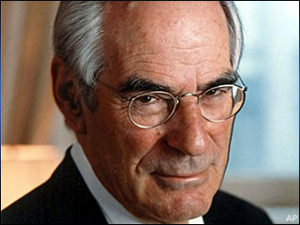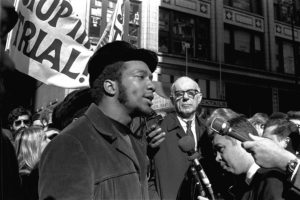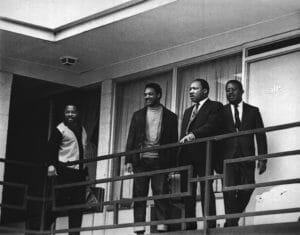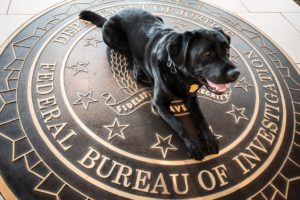FBI Tracked Halberstam for Over Two Decades
This is spooky: A group of journalism students from the City University of New York filed a Freedom of Information request and discovered that the FBI tracked the late Pulitzer Prize-winning journalist David Halberstam for more than two decades.
This is spooky: A group of journalism students from City University of New York filed a Freedom of Information request and discovered that the FBI tracked the late Pulitzer Prize-winning journalist David Halberstam for more than two decades.
Your support matters…AP via Google News:
The FBI monitored Halberstam’s reporting, and at times his personal life, from at least the mid-1960s until at least the late ’80s, the documents show. The agency released only 62 pages of a 98-page dossier on the writer, citing security, privacy and other reasons.
Halberstam won a Pulitzer in 1964 for his coverage of the Vietnam War while working as a reporter for The New York Times. In 1972, he wrote “The Best and the Brightest,” a best-selling book critical of U.S. involvement in Southeast Asia.
It’s unclear when the FBI began monitoring Halberstam, though the first documents made public date from 1965, when he was a Times correspondent in Poland during the Cold War.
Independent journalism is under threat and overshadowed by heavily funded mainstream media.
You can help level the playing field. Become a member.
Your tax-deductible contribution keeps us digging beneath the headlines to give you thought-provoking, investigative reporting and analysis that unearths what's really happening- without compromise.
Give today to support our courageous, independent journalists.





You need to be a supporter to comment.
There are currently no responses to this article.
Be the first to respond.